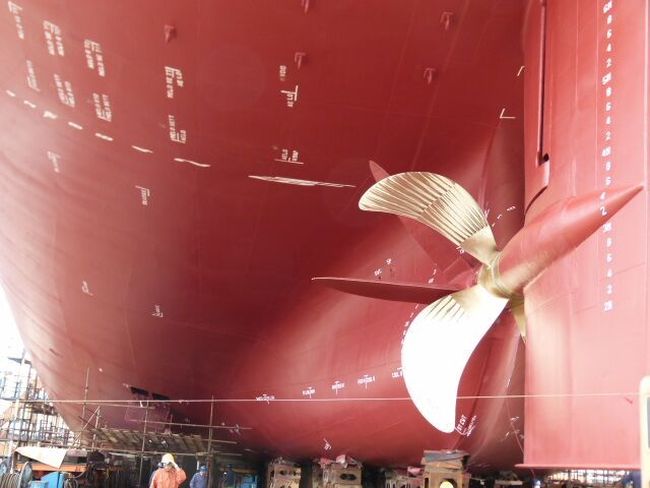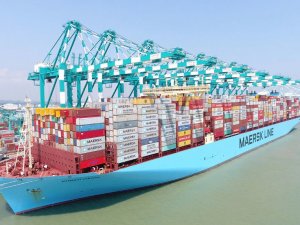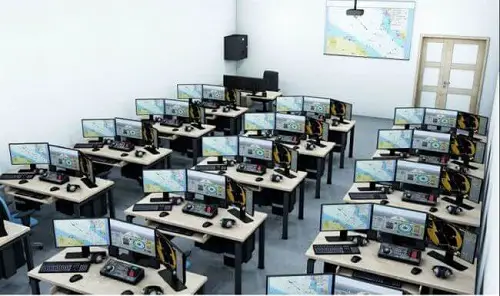Oldendorff Signs Agreement With MIT On Ship Design To Achieve IMO 2030/50 Requirements

A research agreement has been signed by Oldendorff Carriers with the Massachusetts Institute of Technology’s (MIT) Center for Bits and Atoms (CBA) in order to make their vessels more eco-friendly and economical. Oldendorff along with CBA and its campus collaborators MIT’s Sea Grant Program, will study and find out about the disruptive improvements in ship design and propulsion so as to meet the IMO 2030/50 requirements.
Initially, they will focus on making an improvement in the efficiency of hydrodynamic, on which CBA has been working on with aerospace and automotive industries. This focuses on the outdated naval architecture to a broader integration of form and function. The expected research areas compromise morphing structures, hydrodynamic cloaking, moving boundary layers, and alternative energy sources.
Also read: What Does A Naval Architect Do?
The digital material technology of CBA is focused not only on the digitizing of designs but also on material construction. The end structures will bring in benefits like record-setting material properties, integrated heterogeneous functionality, automated lifecycle assembly and disassembly, and reduced environmental footprints to the shipping industry.
Also read: How To Become A Naval Architect?
According to Clarkson Research, only 30% of the fleet in the world today is made up of “eco” vessels. An investment of USD 3 billion has been invested by Oldendorff since 2013 for 90 new eco vessels that were built in China, Korea, and Japan, which are fuel-efficient and reduces the emissions of greenhouse gas from engines, and a number devices that save fuel so as to bring down the consumption and carbon emissions. Presently, more than 95% of the fleet of Oldendorff and almost all the chartered vessels are eco type vessels. The average age of the Oldendorff’s 116 vessels is 4.09 years. The fuel savings devices that are present in the Oldendorff vessels include:
- Economical hull forms
- Becker Mewis duct
- Rudder bulb
- Spoon bow
- Auxiliary engine economizers
- Ultra long-stroke engines
- Larger propellers
- Boss cap fin propellers
- Fins fitted in front of skewed propellers
Oldendorff CEO, Peter Twiss commented, “We recognize that clean oceans and clean air are vital for our survival, both as a company and as individuals. With less than 10 years to implement a fundamental shift on how ships are powered in order to achieve the GHG reduction mandates, Oldendorff Carriers is partnering with MIT’s preeminent experts in technology research to forge the way ahead.”
CBA Director Neil Gershenfeld says “We’re pleased to have this opportunity to extend our research on high-performance structures from air and space to the seas, and appreciate the ambitious commitment that Oldendorff Carriers is making to the important goal of meeting the IMO mandate for reducing the environmental impact of shipping.”
Reference: Oldendorff





